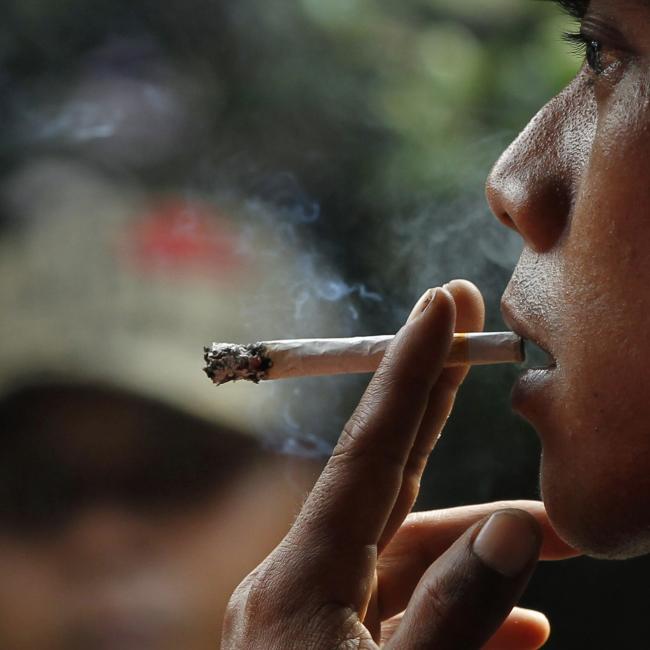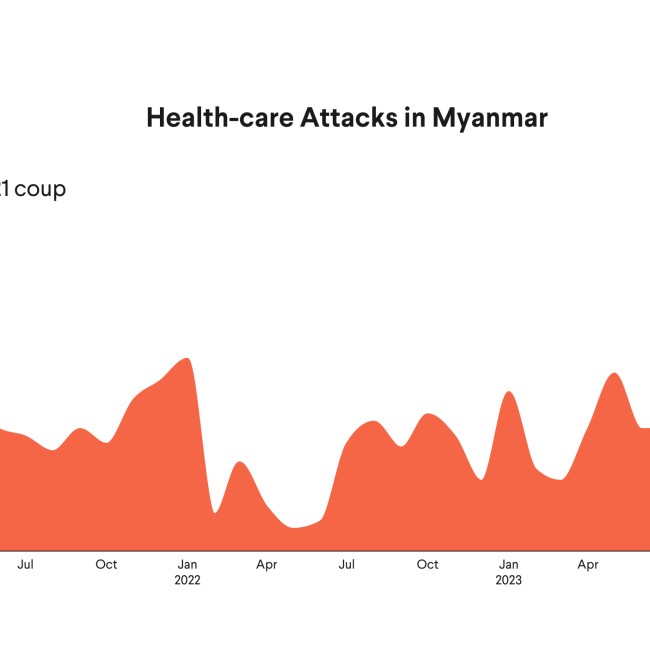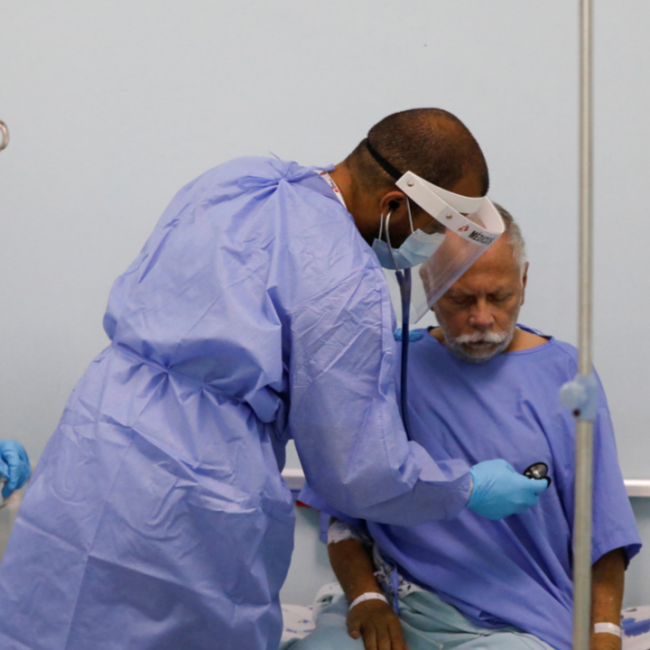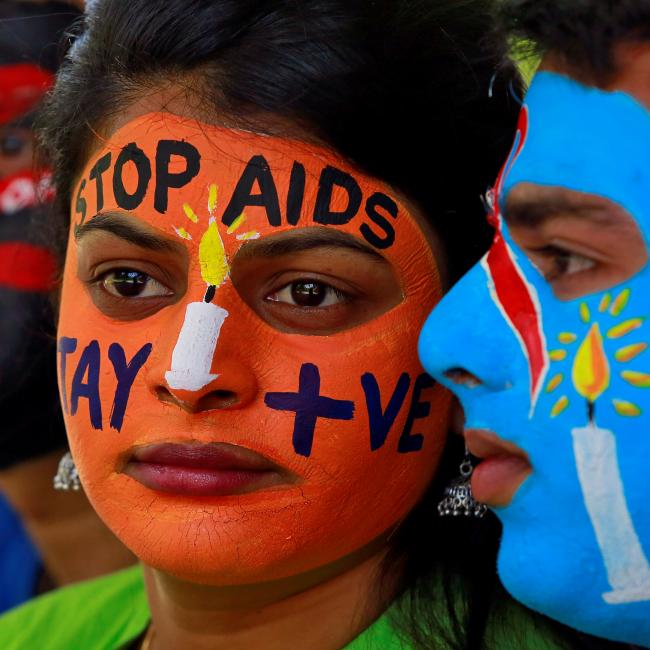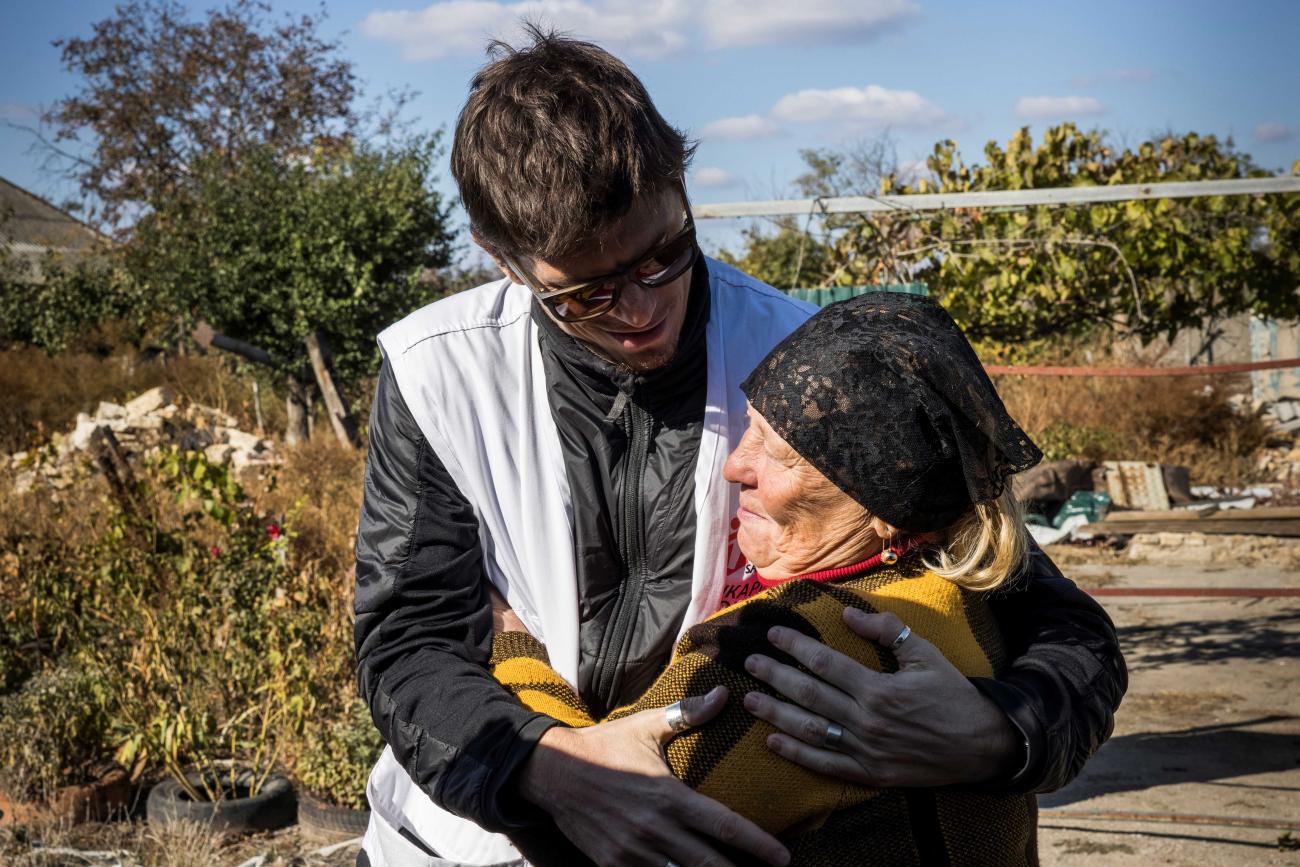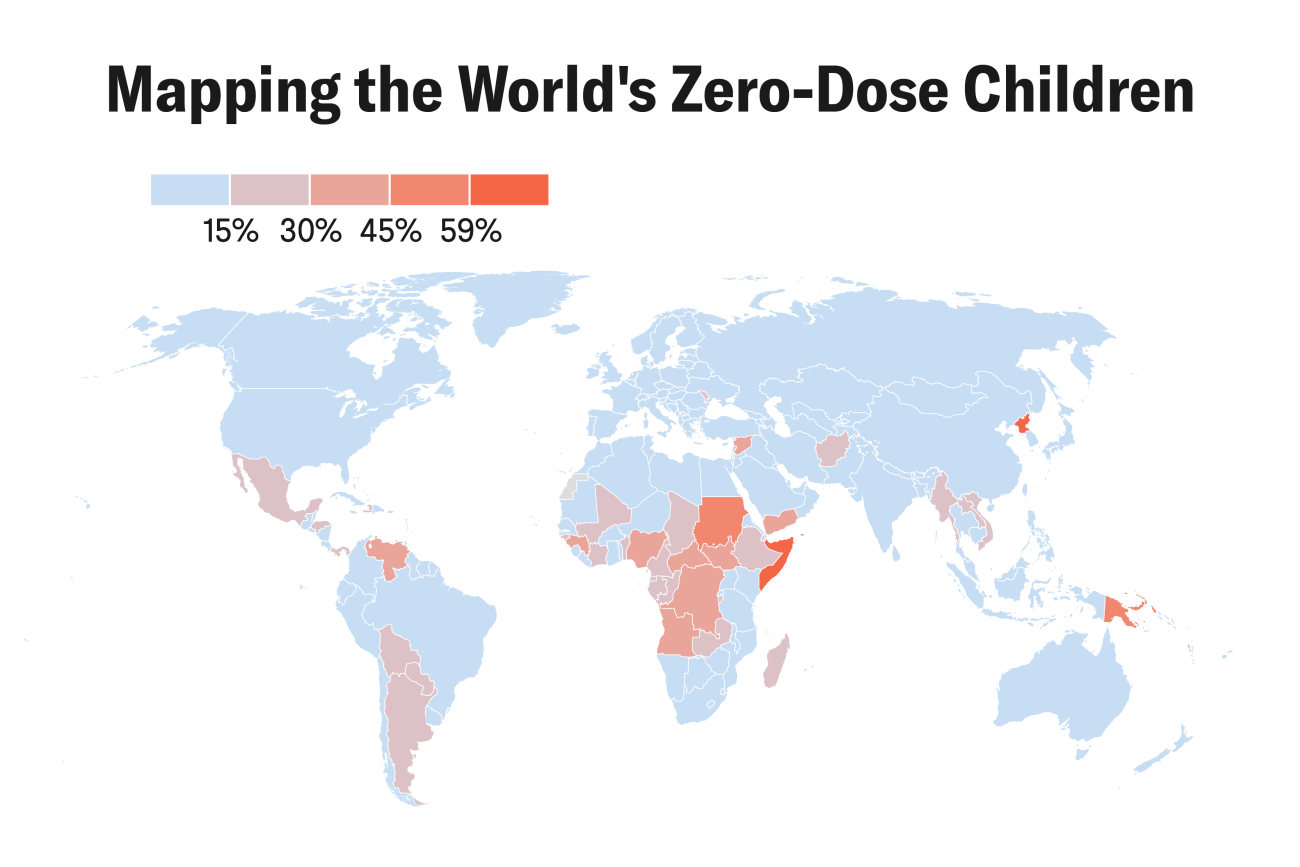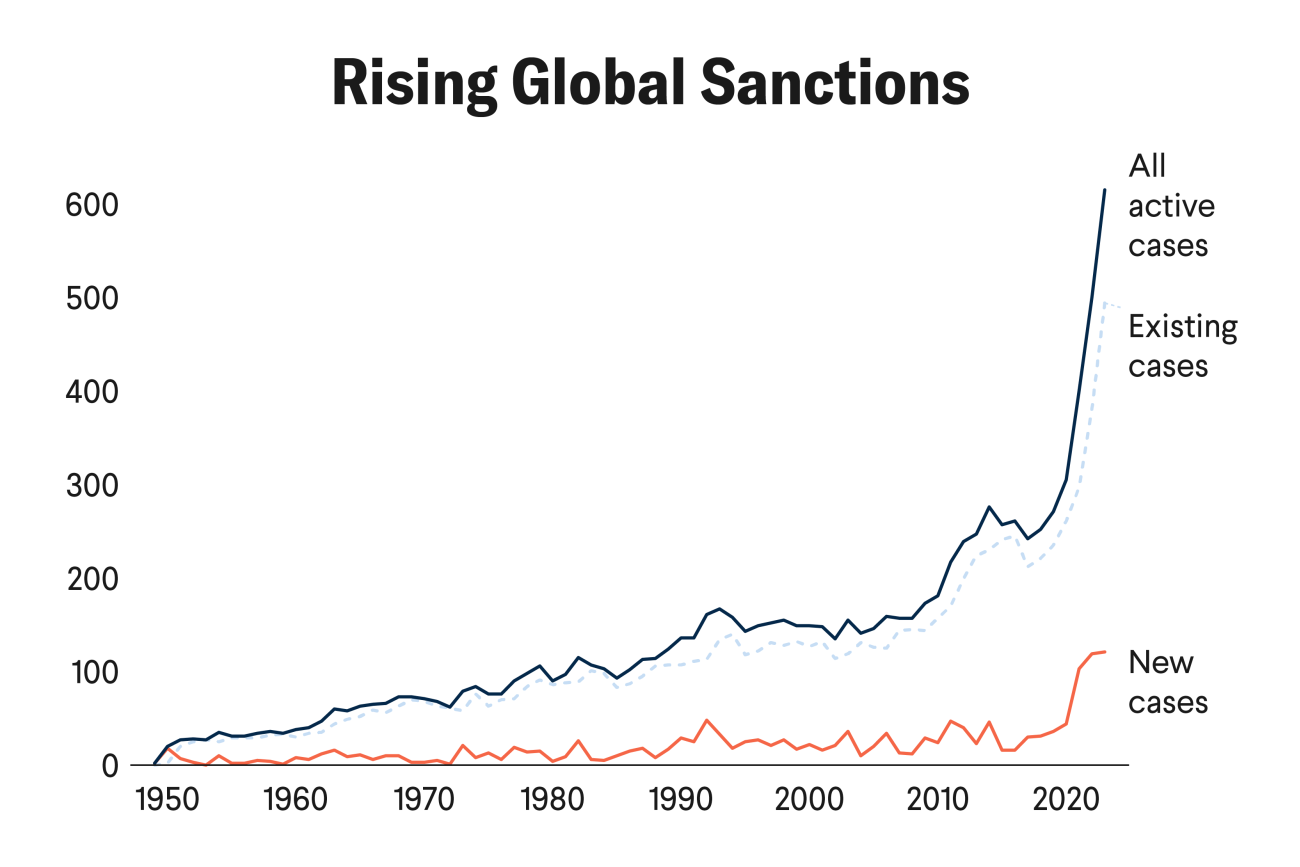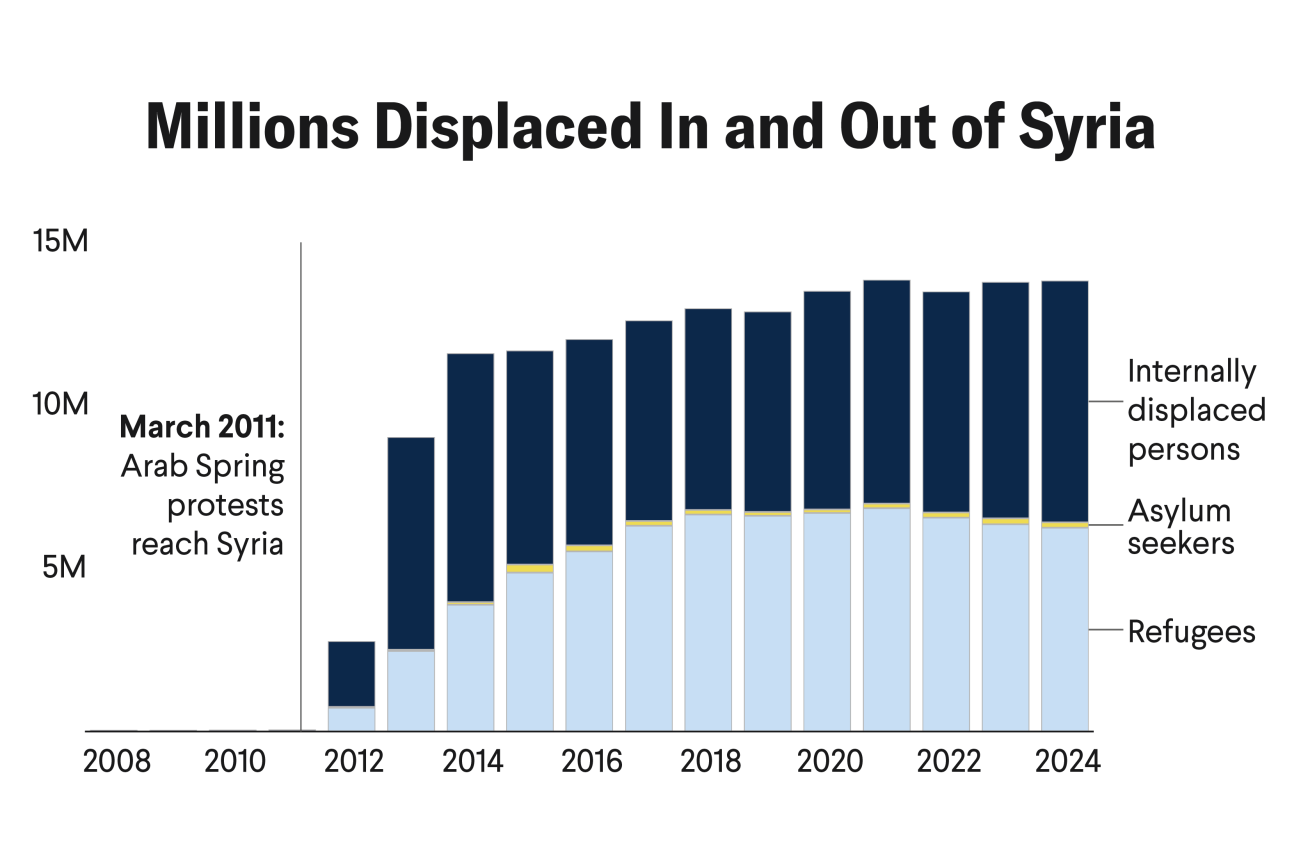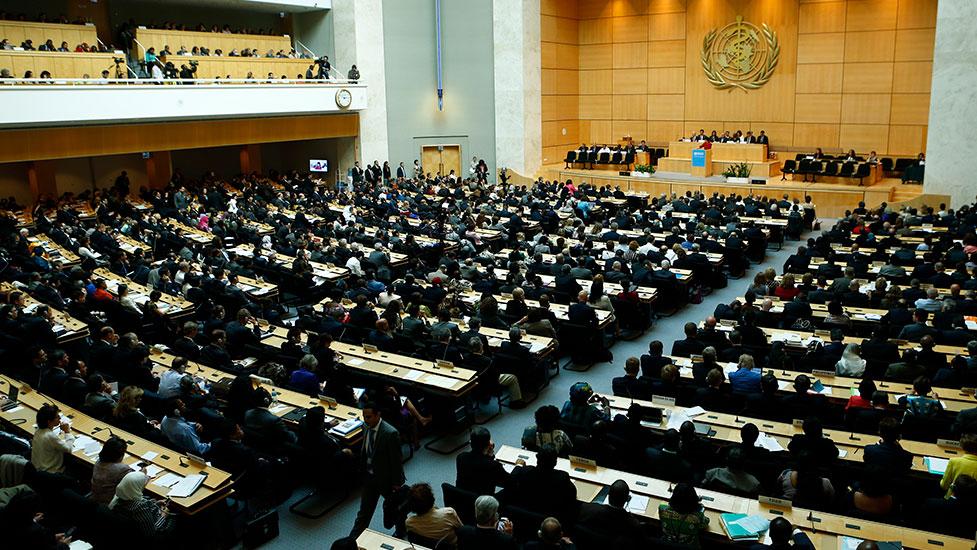
Governance
There is a new world of challenges for global health governance, with shifting donor priorities and evolving health needs in many low- and middle-income nations. This section offers an inside look at the ways in which global health governance is adapting to these changes, with a focus on the institutions, rules, and processes that govern the health of people across the world
Governance
$6.5 B
In 2024, USAID provided $6.5 billion in humanitarian assistance to sub-Saharan Africa
1 in 127
An estimated 1 in 127 people were on the autism spectrum in 2021
1.2 M
More than 1.2 million people across the globe died of antibiotic resistant superbugs in 2019
70%
More than 70 percent of adult men smoke in Indonesia
1,200
Nearly 1,200 attacks on health-care workers and facilities have taken place in the three years since the coup
37 Million
In 2019, there was a shortfall of 6 million doctors and 31 million nurses and midwives worldwide
3.3 Times
Where there was trust in local health workers people were 3.3 times more likely to wear a mask during COVID
9.3 M
In 2021, 9.3 million people lost their jobs across Southeast Asia
800,000
More than 800,000 people still die each year due to HIV
61 M
In 2019, the United States spent $61 million on NCD development assistance
Featured
A WHO Director on the Future of Polio Eradication
Hamid Jafari, the World Health Organization's polio chief for the Eastern Mediterranean, discusses funding post-USAID
U.S. Cuts to Ukraine's Foreign Aid Hit Health Workforce
Ukraine, with $1.4 billion curtailed, is the single biggest loser of U.S. foreign aid
Expanding Medical Oxygen Access Without U.S. Foreign Aid
Oxygen can be a pathfinder for a new global health era when national governments sit in the driver's seat
Tracking Vaccination Coverage Shortfalls
A new study on global immunization coverage shows declining uptake for key vaccines
Health Care Under Fire: How the Middle East Reflects a Global Crisis
Humanitarian law obliges all conflict parties to protect health facilities and workers, yet deadly attacks persist
USAID Lost: Stories From Colombia, Kenya, and Nepal
Public health and development professionals share insights from three nations hit hard by U.S. cuts to foreign aid
Cancer Patients and the Medicaid Cuts in "One Big, Beautiful Bill"
Under the GOP megabill, millions could lose access to potentially life-saving cancer screenings, treatments, and care
Hospital Attacks in Gaza and Israel: What Counts as a War Crime?
Global attacks on hospitals and health care have become more frequent, but perpetrators have enjoyed near total impunity
Mpox Surge in Sierra Leone: A Stress Test for National Readiness
Epidemics have a habit of revealing whether the last crisis was truly instructive or merely traumatic
Transparency Misinterpreted: CDC Vaccine Policy and Conflicts of Interest
A former CDC director says the idea that the agency's vaccine advisors profited from their recommendations is a fallacy
The Discomfort of Working Ourselves Out of Global Health
After 24 years, a public health worker grapples with questions of power, inequity, and purpose in global health
Health and Science Diplomacy Protects Everyone
A former State Department employee outlines the value of international collaboration on health and science
The Civilian Health Costs of Aid Sanctions
A new study examines how aid sanctions deepen global health inequality
Global Health Governance in the Age of AI
National security agencies and tech regulators are rapidly developing governance for AI and biotechnology
Authoritarianism and the Genetics of Trauma
A Syrian American global health scholar reflects on generations of trauma after decades of Assad dictatorship


